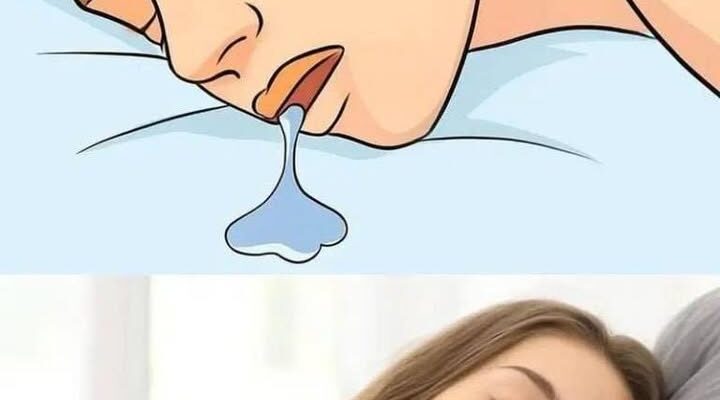Drooling during sleep is common and usually harmless. However, it can sometimes indicate underlying issues. Here are some common causes:
Promoted Content

1. Muscle Relaxation: During deep sleep, muscles, including those in the mouth and jaw, relax, causing the mouth to open and saliva to escape.
2. Sleeping Position: Sleeping on your stomach or side makes it easier for saliva to escape, while back sleepers tend to swallow more easily.
3. Nasal Congestion: When you’re congested, mouth breathing can lead to drooling.
4. Excess Saliva Production: Hypersalivation can be caused by oral infections, swollen tonsils, or certain foods and medications.
5. Gastroesophageal Reflux Disease (GERD): Acid reflux can trigger excess saliva production.
6. Neurological Disorders: Conditions like Parkinson’s or strokes may affect swallowing.
When to Seek Help: If drooling is frequent, excessive, or accompanied by other symptoms like trouble swallowing or breathing problems, consult a doctor.
SEE more
The brown recluse spider is a small but noteworthy arachnid known for its distinctive appearance and reclusive habits. It typically measures about one to two centimeters in length, making it easy to overlook. Its velvety light brown body helps it blend seamlessly into environments like closets, shoes, cardboard boxes, or under furniture, where it prefers to stay hidden. This camouflage is part of its natural strategy to avoid predators and human interaction.



